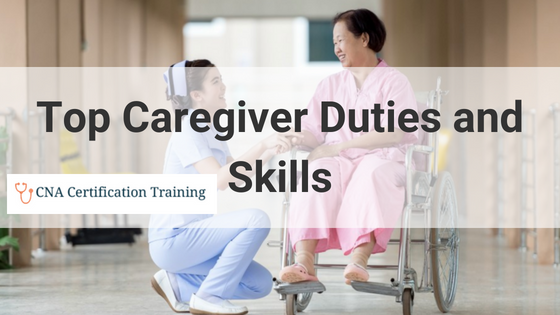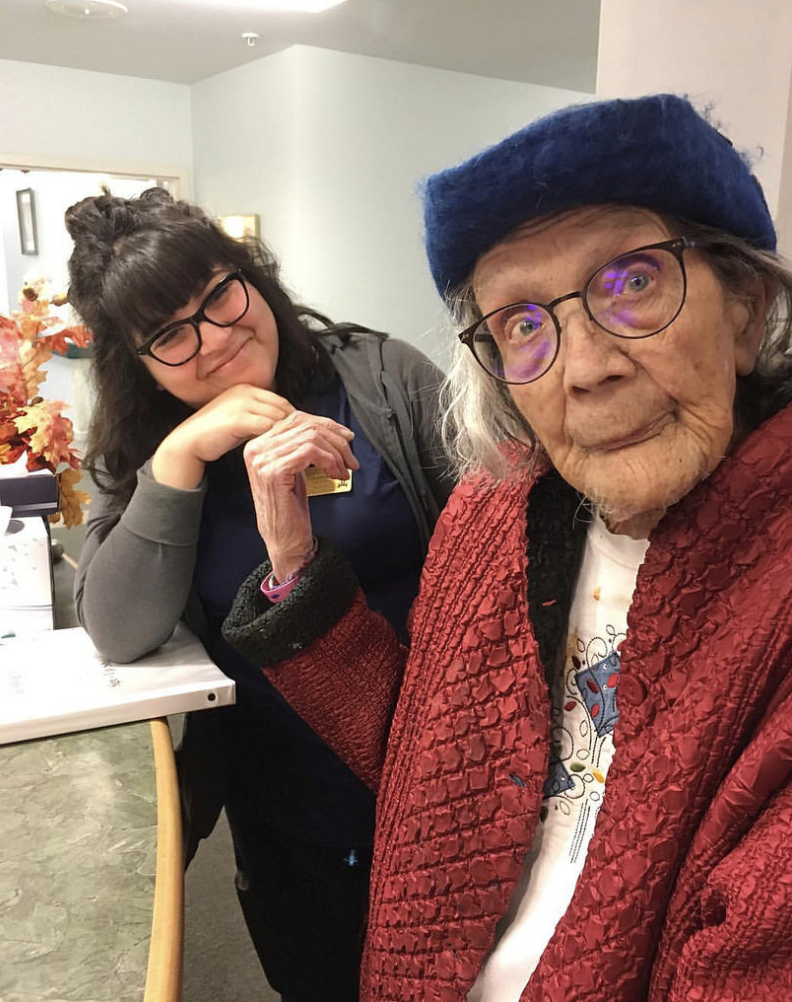
Continued Monitoring
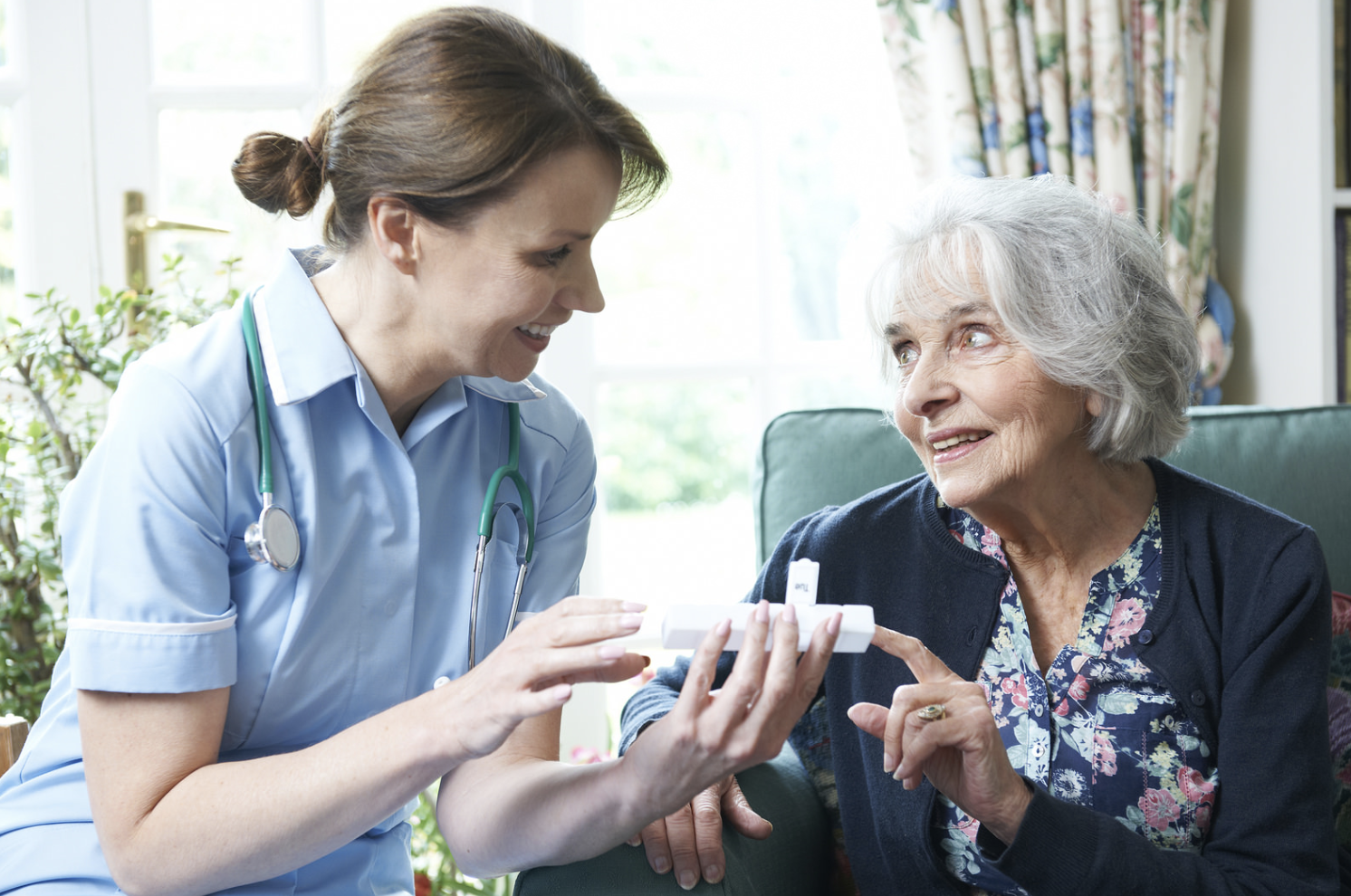
As a caregiver, you should monitor your family member or patient to ensure that his or her care plan continues to be effective.
If the individual doesn’t seem to be responding well to medication, treatment, or the surroundings.
The caregiver should take action and seek help to get their charge back on track.
Who is Considered a Caregiver?
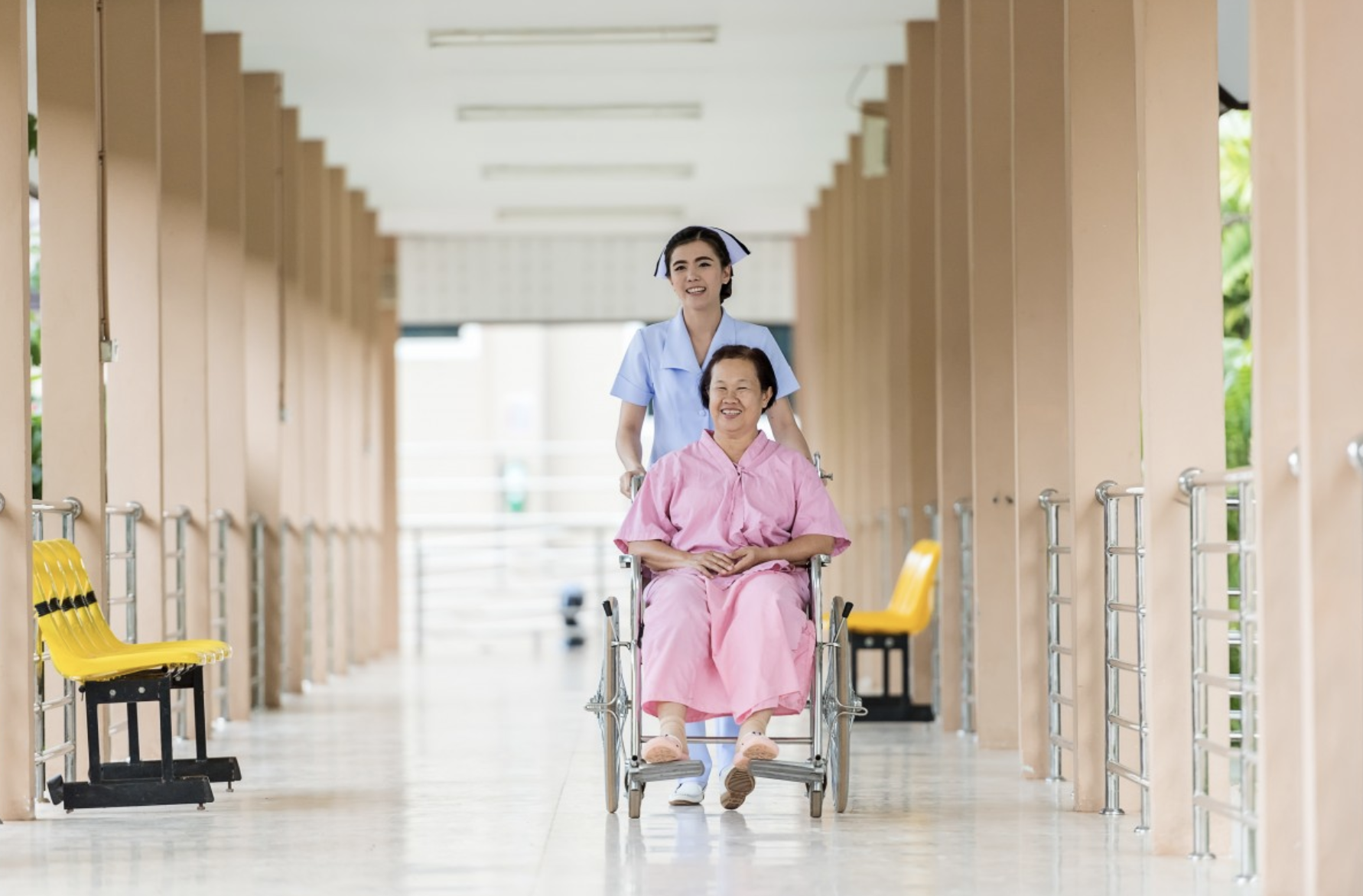
A caregiver can be a paid or unpaid individual who helps another person with their day-to-day needs. The caregiver could be a family member or friend, or even a professional, such as a home health care worker, nurse, or certified nurse aide(see nurse assistant salary) (see nurse assistant salary).
Care is providing assistance in a personal residence, in a hospital, or other medical facilities. Those who are generally most in need of care include individuals living with a disease, mental disorder, disability, or who are old.
Top 10 Common Caregiver Duties
If you are caring for someone in need, you’ll likely find yourself performing a range of duties. Getting a basic home health aide training, Here are some of the most common to be expected.
Care Plan Preparations
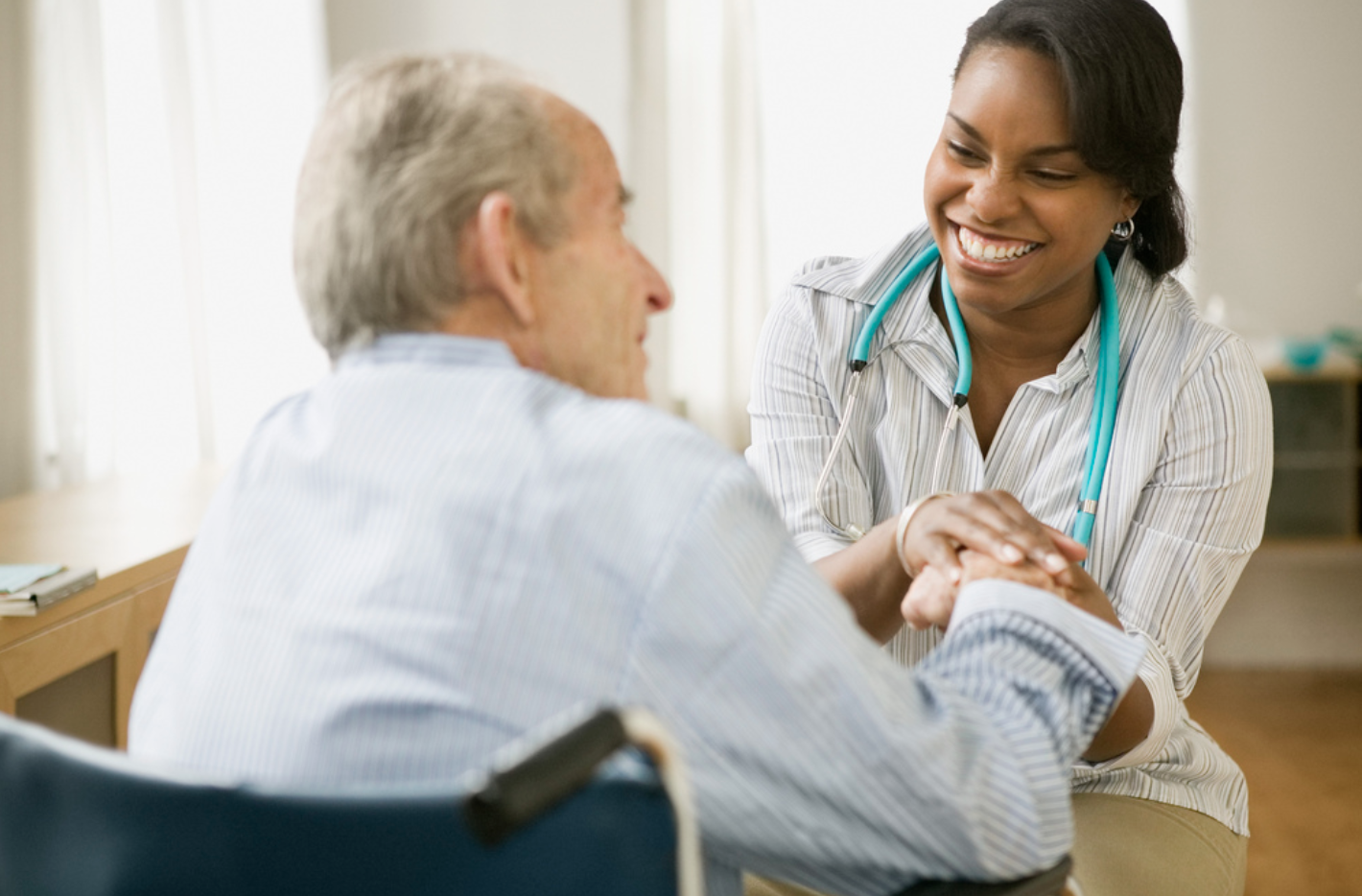
Thus, could entail creating a basic outline of care so that the individual in need of assistance gets the type and level of care they require.
If you’re caring for a family member or friend, this could mean detailing what the loved one needs help. Thus, to determine how much time, or how many hours, within the day they will need care.
Tend to Medical Needs

Dispensing of Medication
Tend to Basic Needs
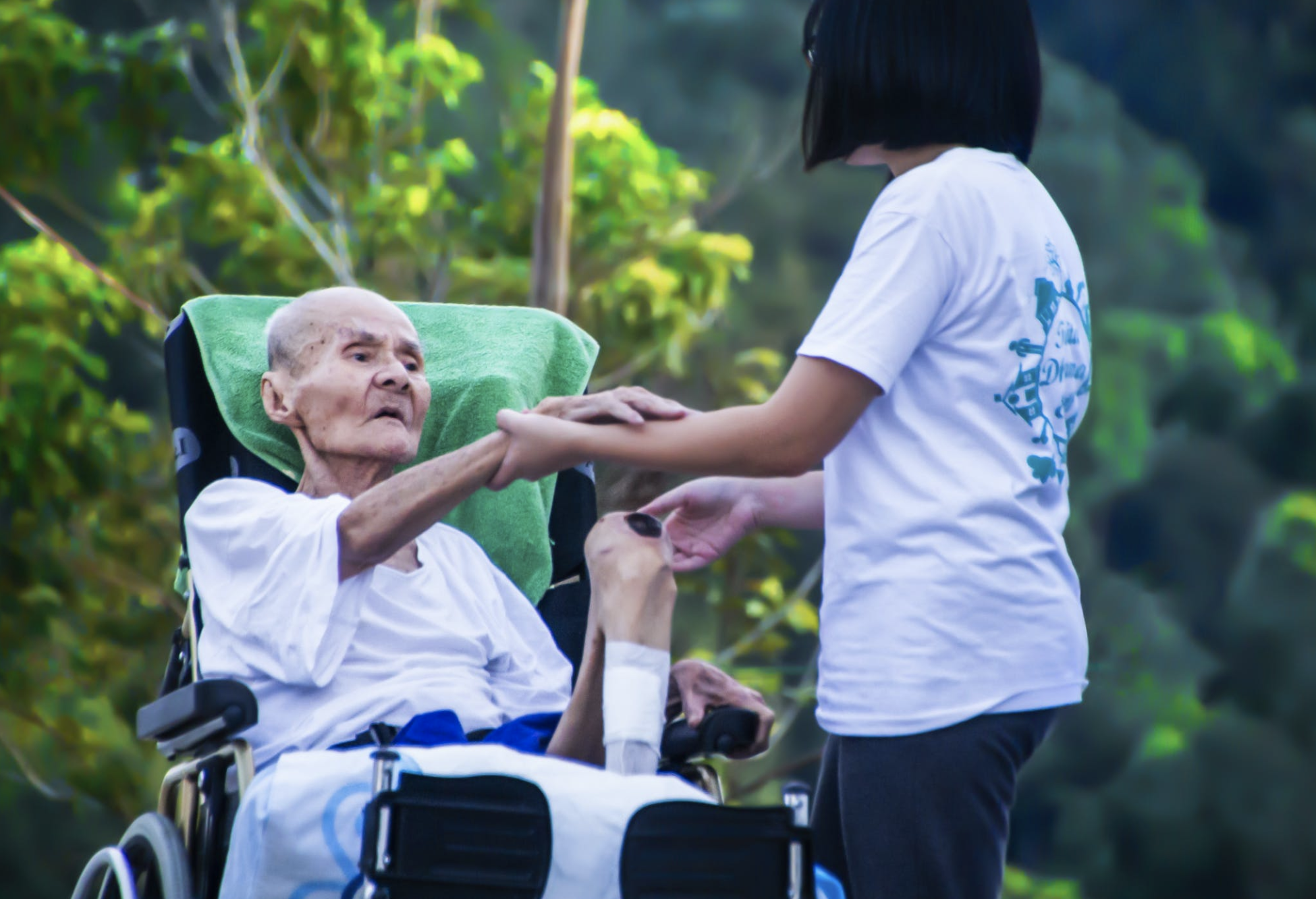
Thus, would take the form of assisting the patient or family member with the basic needs that all humans have. Including bathing, using the restroom, and personal grooming.
Movement and Comfort
Preparing or Overseeing Meals and Nutrition
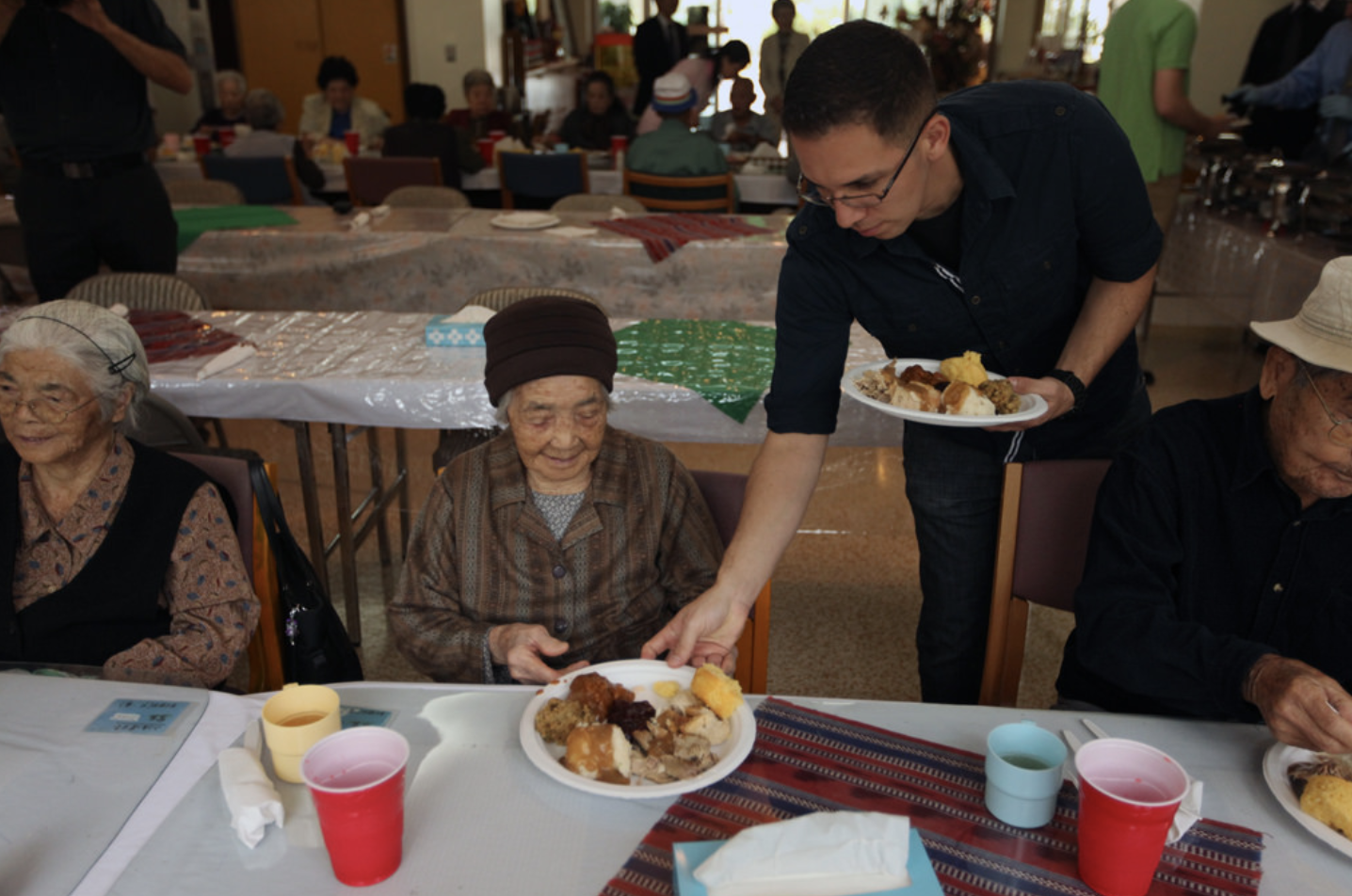
Housekeeping Responsibilities
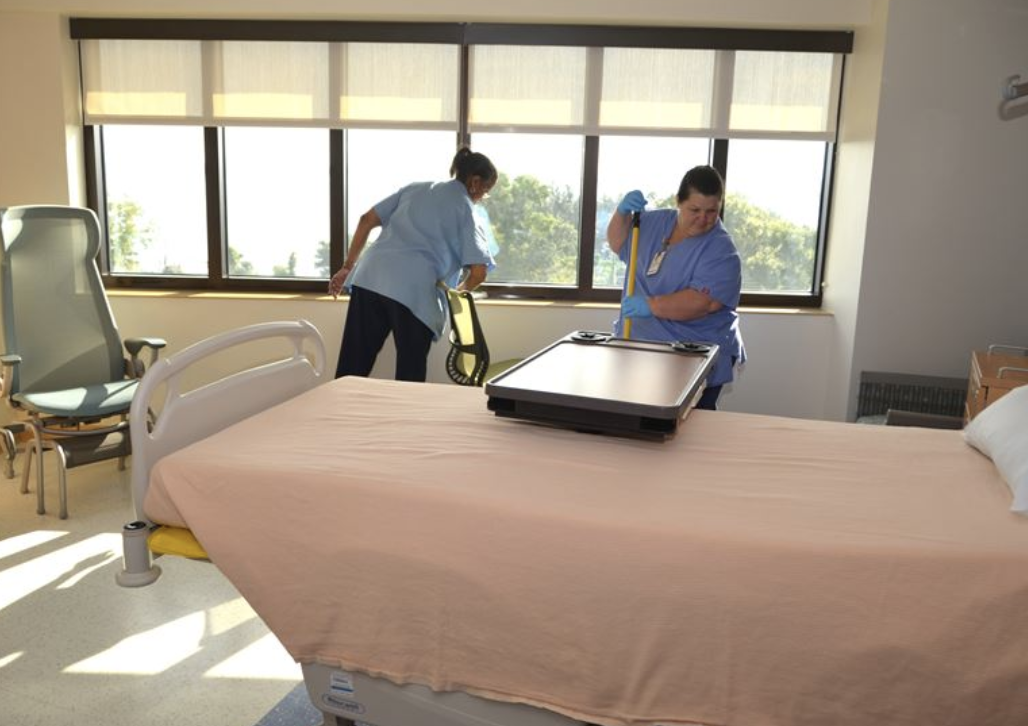
Transporting
Some caregivers may be responsible for personally carrying charges to activities or doctor’s appointments outside of the home or facility, or for arranging transportation, if appropriate.
Providing Companionship
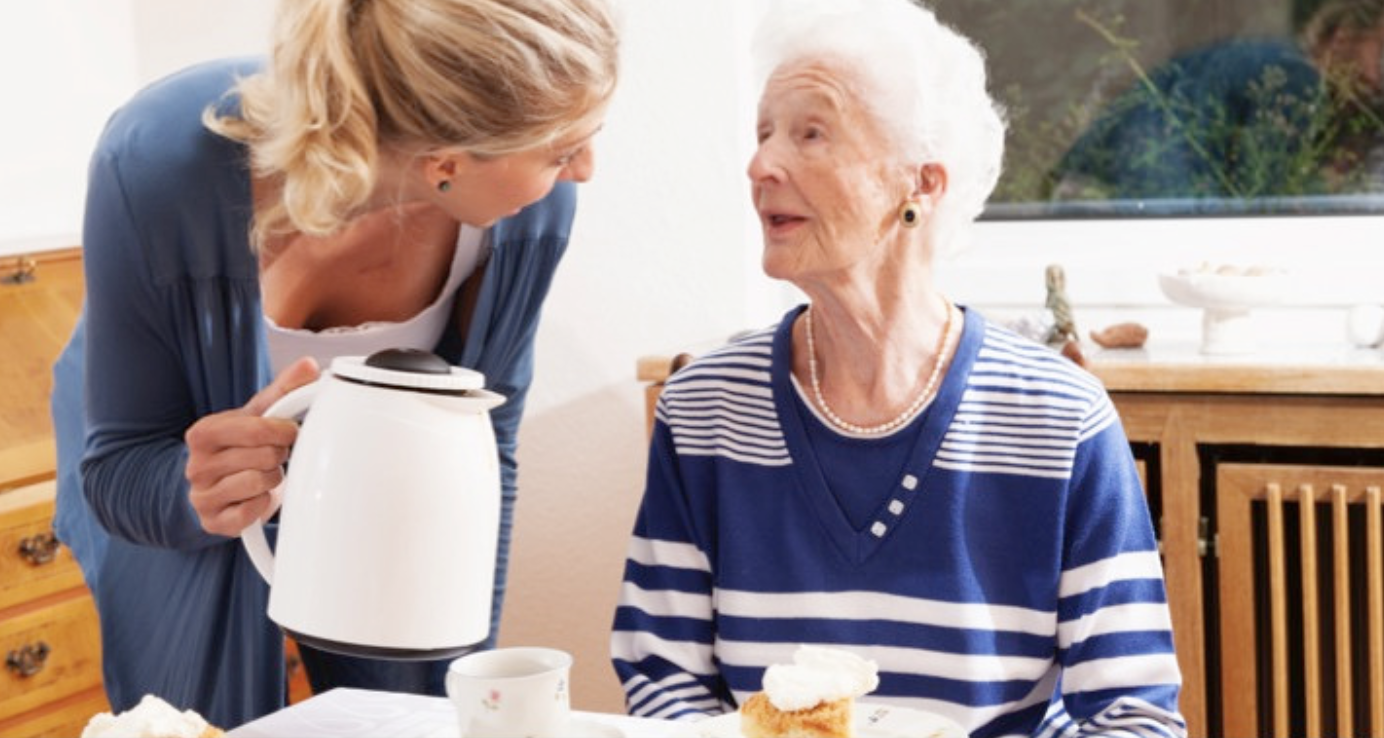
No matter if your scenario is a family member providing care, or a medical professional assisting a patient, being a companion is one of the most essential and rewarding caretaker duties.
Whether lending an ear to listen to an individual’s needs and worries or listening to a story, just being a presence can ease loneliness for the suffering.
Continued Monitoring
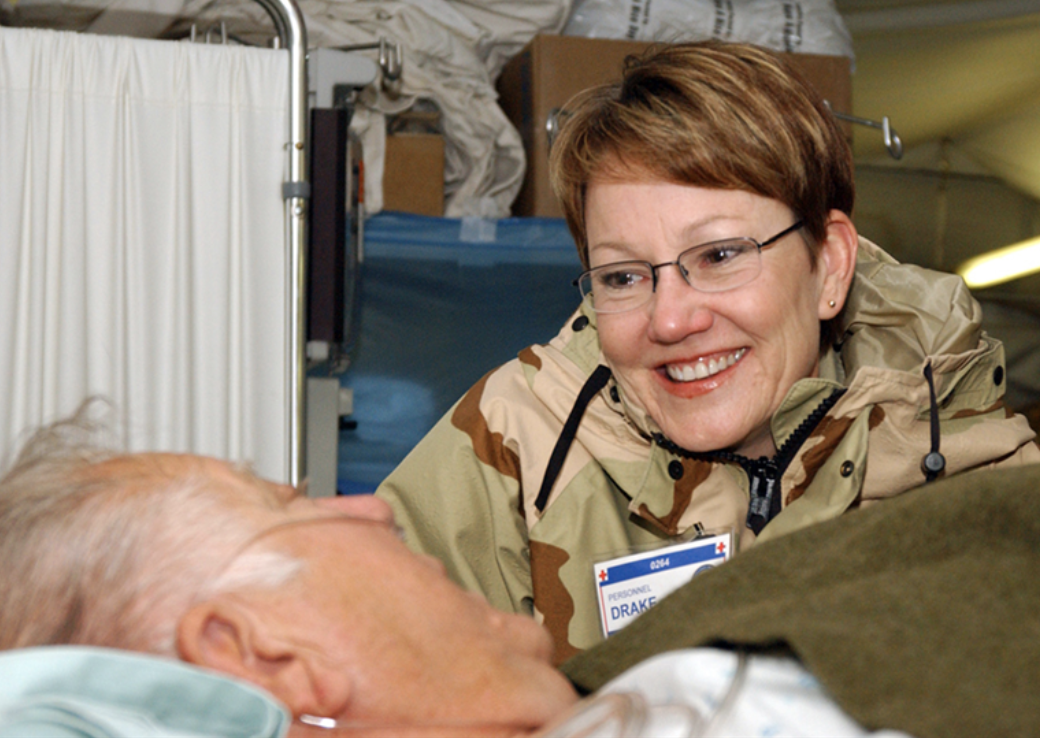
As a caregiver, you should monitor your family member or patient to ensure that his or her care plan continues to be effective.
If the individual doesn’t seem to be responding well to medication, treatment, or surroundings, the caregiver should take action and seek help to get their charge back on track.
Imperative Caregiver Skills
Whether the possibility of caring for a friend or family member is on the horizon, it is an advantage to have a Home Aide Certification.
Here are a few of the top traits possessed by great caregivers:
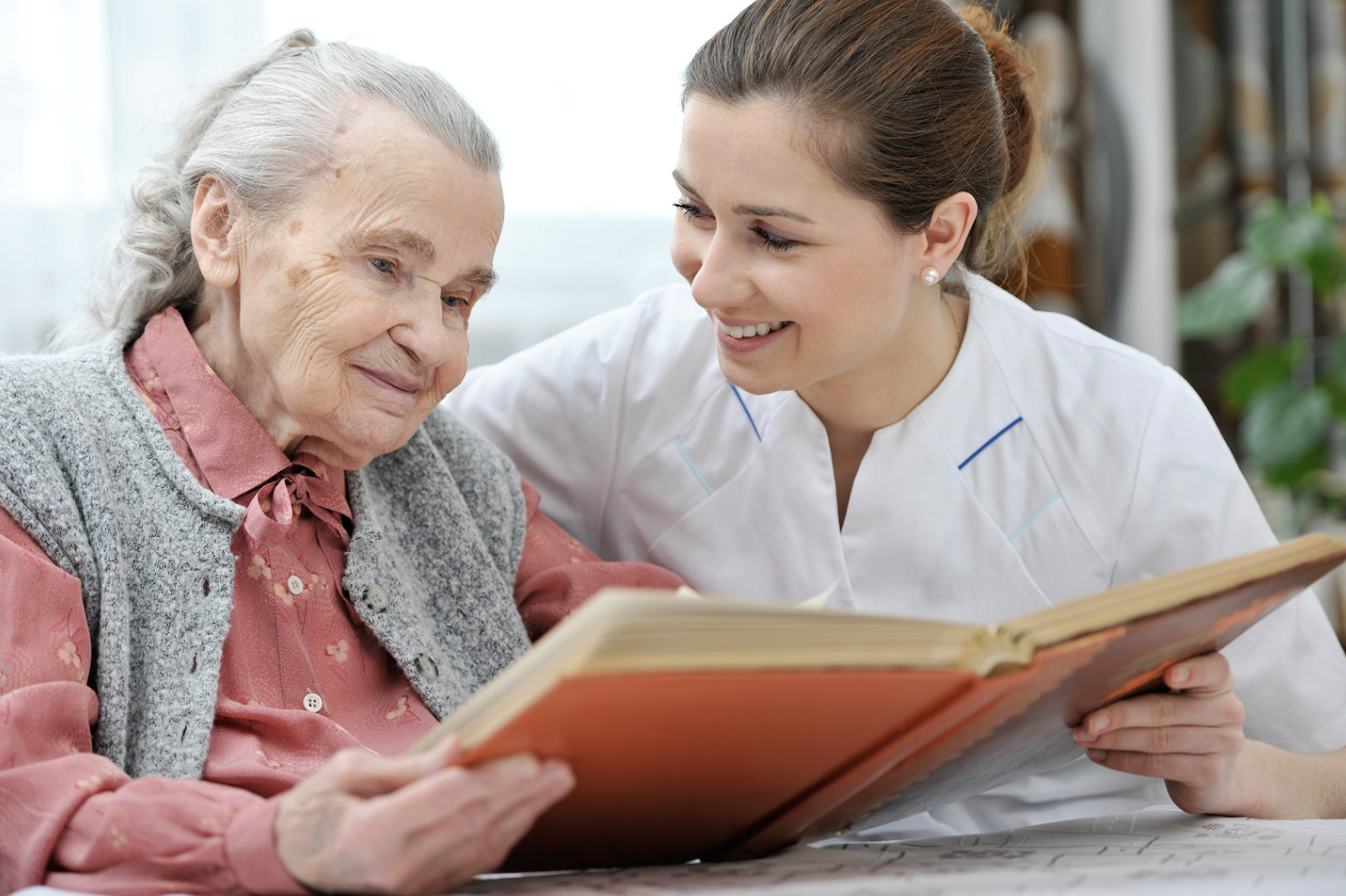
- Ability to feel and display compassion and empathy
- Willingness to follow the rules, regulations, and protocols
- Excellent verbal and written communication skills
- Adept at making observations
- Outstanding organizational and time management
Hopefully, this information has been helpful in determining your decision of becoming a caregiver.
While there are likely other caregiver duties that could become necessary depending on the particular situation. Those listed are some of the most commonly expected.
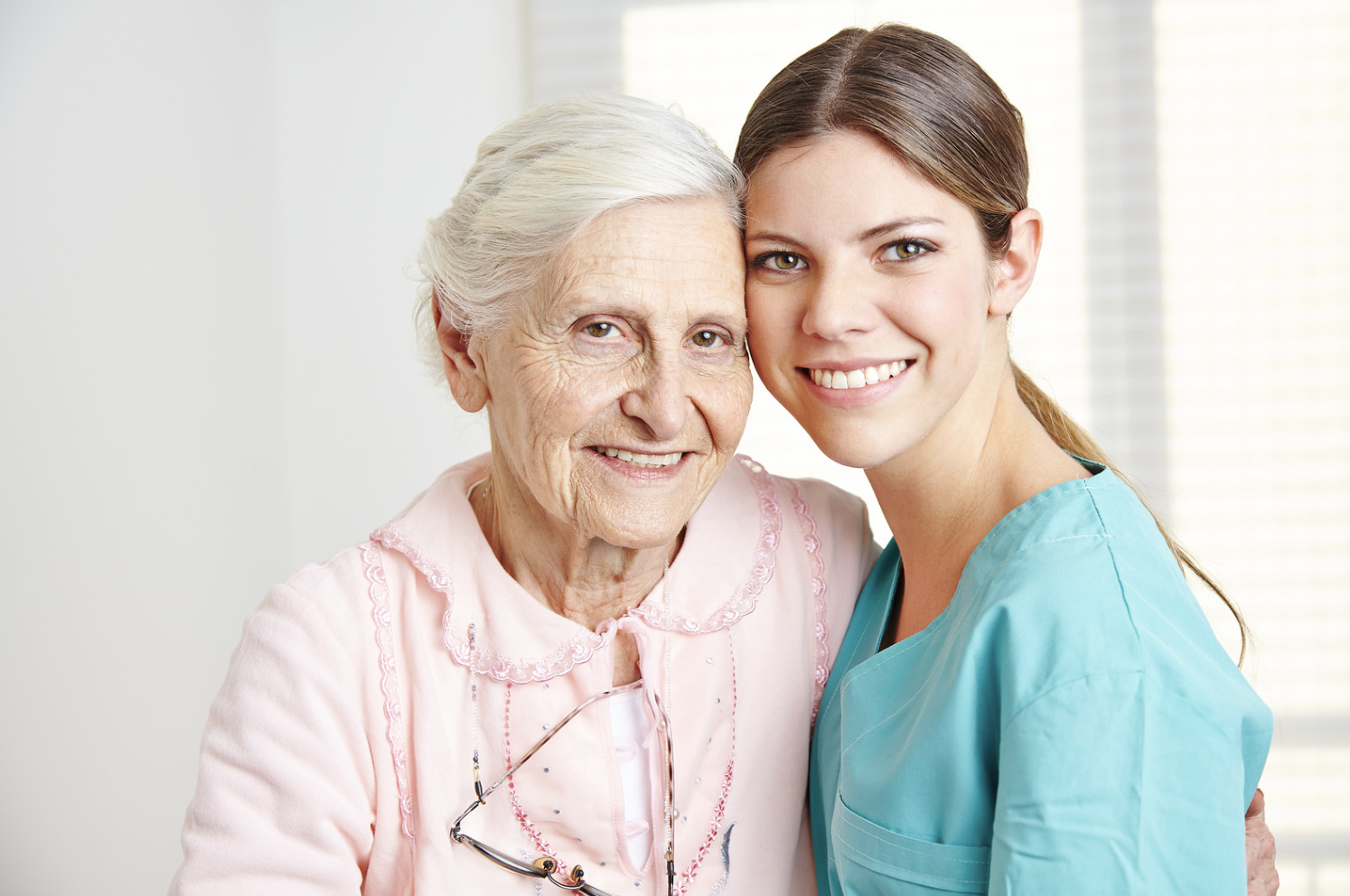
If you can perform these tasks in the name of administering care and you possess the right skill set. Then you may find great fulfillment in caring for others.

